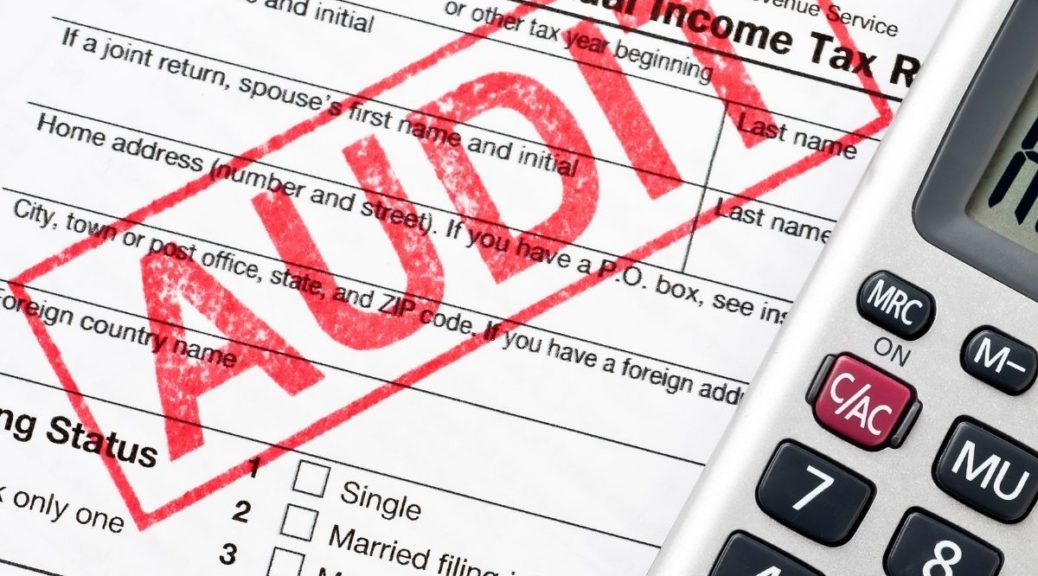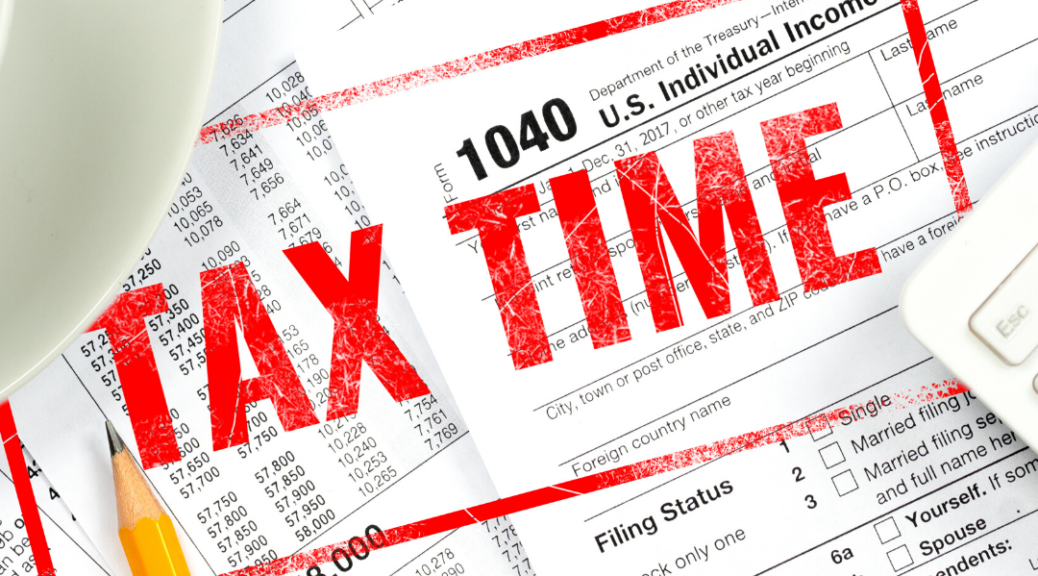There are few things scarier than a letter with “IRS” stamped in bold on the envelope addressed to you. What next black helicopters? Trial? Prison?
All of those worst-case scenarios may run through your mind as you begin to open the envelope. The good news is this: Millions of tax-paying citizens get these same letters every year. You will not be handcuffed and taken by helicopter to prison.
There may be several reasons that the IRS has contacted you. They could be any of the following:
- Inquiring about a change of address.
- Requesting payment for income taxes.
- Notifying you about changes to your account.
- Request for additional information.
- Sending you a tax refund.
All of those reasons are fairly typical. Most correspondence is a request for more information. It is quite innocent. ***
However, when you do get a Correspondence Form from the IRS, there are several things you should do:
-
- Open it immediately. Don’t put it off. The letter needs to be read immediately as most correspondence from the Internal Revenue Service has a deadline date for you to respond. Do not delay as delaying could be costly.
- Contest the item if it is incorrect. Humans run the IRS and all humans are capable of mistakes. For instance, and this is common, you had a balance due on your tax returns. You paid that amount after you were billed by the IRS. Six weeks later, you receive the same bill from the IRS even though you know you paid it. Send them your bank statement showing it or call them to get it resolved. That is just one example but if they are wrong, you have the right to contest it.
- Most correspondence from the IRS can be handled just by calling the 800- number at the top right-hand corner of the notice. When you call, take notes of the date, the name of the person you spoke to and their ID number, and the details of the call. But if you call, keep a record of who you talked to, their ID number, and the next steps that need to be taken. Always keep copies of all IRS correspondences and your responses.
If it is a correction notice, review the information and compare it to the information on your tax return. You have two options:
- If the correction is accurate, don’t do anything unless a payment is due.
- If you disagree with the correction, send a detailed, written explanation. Include appropriate documentation to support it.
As you see, a letter from the IRS is not the end of the world as we know it. You can correspond with the IRS and not be concerned with any ramifications.
A.K. Burton, PC, has been working with the IRS for our clients for many years. Our firm has experienced accountants and lawyers who can represent you before the IRS and resolve any issues you may have. Call us at (301) 365-1974 for a consultation.
We serve the Bethesda, Rockville, and Montgomery County, MD area.
*** For more on IRS correspondence, visit the IRS website.










